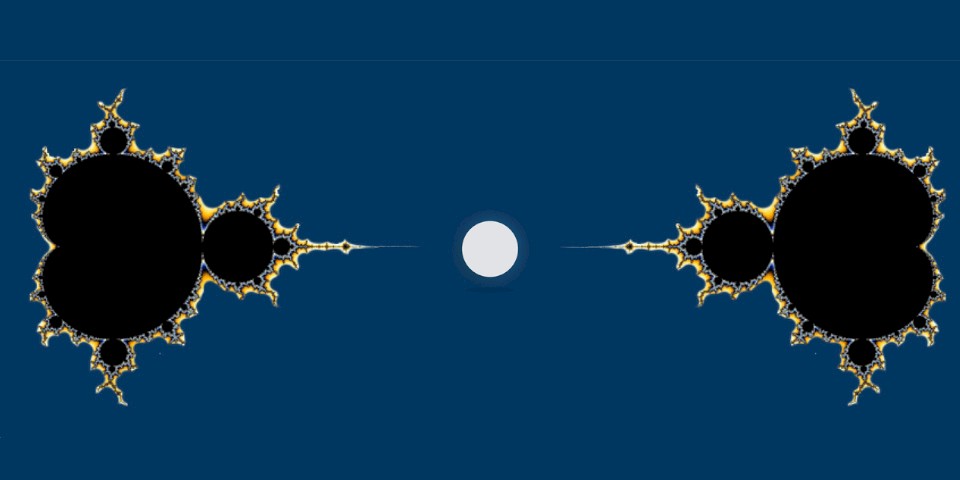Homeopathic medicine has a broad spectrum, which is presented in its essential contexts.
After an introductory brief definition, the concept of man of current medical practice is controversially discussed and the draft of a suitable attitude for homeopathy is presented. The primary aspects of individualising medicine, which form the self-understanding of homeopathic practice, follow and lead on to models of the understanding of disease.
Based on Hahnemann's premise similia similibus curentur (like cures like), which has characterised the self-understanding of homeopathy to the present day, further viewpoints are discussed - initially from a Gestalt-theoretical, phenomenological and holistic perspective. The aim is to broaden the view of the methodology and its possibilities.
This is followed by a separate section on the paradigmatic discourse on homeopathy. All the main arguments of the critique - from the origins to the present - are first analysed epistemologically. Further detailed articles are planned.
In further sections, core topics, such as the special features of homeopathic pharmacy and pharmacology, will be worked out and clearly summarised in comparison with conventional medicine.
Comprehensive research and analyses on the scientificity of homeopathic Materia Medica and systematic work with the material will be presented in a separate section.
This is immediately followed by a discussion of homeopathy-related approaches, insofar as their preparation of medicines is also regulated in the Homeopathic Pharmacopoeia (Homöopathisches Arzneibuch - HAB). These are presented with brief definitions in order to delineate their conceptual differences in a value-free and comprehensible manner, thereby helping to clarify the situation.
Priority will be given to the documents on clinical research, which will be presented comprehensively and for the first time in detail and in a connected manner, focusing on their clinical aspects. This is not just an empirical-statistical analysis of the mass of all work, but rather a differentiated overview of the qualitative state of research, from which both the results and open questions for future research can be meaningfully derived.
A special service here is the link to a separate online archive, in which the results of the implemented works can be searched for using various keywords such as author, DOI, topic or publication date, regardless of the stability of the source. The abstracts of the publications are stored as translated citations, as is a link to the original work. In this way, everything is in one place and is easy to find.
A separate analysis of basic research, including the status of impact research, also plays an important role. An initial overview of the state of physical research can be found in the chapter on drug effects.
A significant section is dedicated to outpatient homeopathic patient care, based on the evaluation of an extensive and detailed survey. The results present the first depiction of a real-world data analysis of the actual care needs.
The general medical treatment and counseling concerns, therapeutic support for specialist diagnostics, and the key emergency issues, as they currently occur in outpatient practice, will be discussed in detail. This analysis shows that the need for homeopathic treatment can be localised precisely where there are no simple answers in conventional medicine, both for acute and chronic complaints and illnesses.
What we are also planning are comprehensive elaborations for colleagues on homeopathic methodology and practice quality management.
We also plan to conduct and present a global analysis of the current status of homeopathy in the country-specific professional integration.
The site is rounded off by thoroughly researched historical reviews and analyses. Various topics such as the cinchona bark experiment or Hering's rule are examined and analysed for their substantial content. The work of important personalities in the history of homeopathy will also be recalled in context. "Only those who know where they come from will find the way to where they are going."
The list of topics on homeopathy will therefore be expanded and completed over time.

